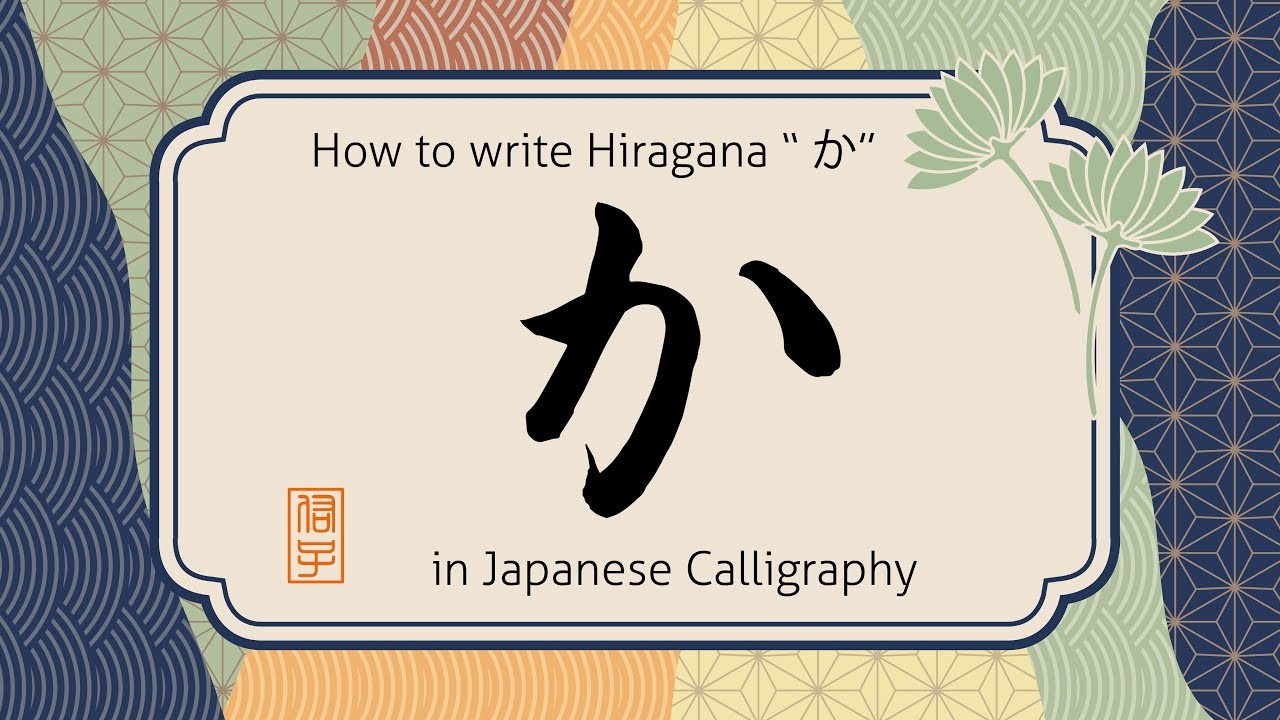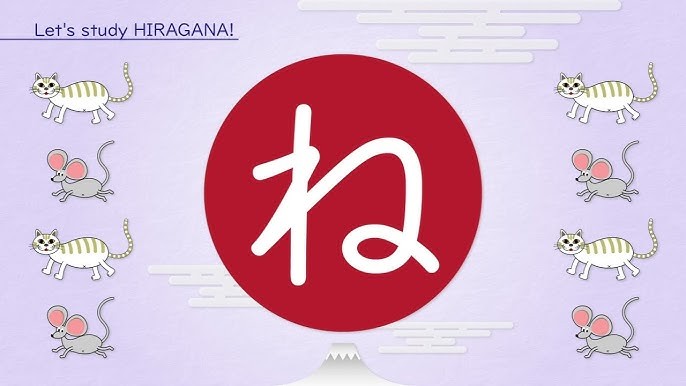In this article, we will explore how to construct sentences in Japanese using the so-called final particles, known in Japanese as 終助詞 (Shūjoshi). These particles play a crucial role, affecting the tone and intention of speech. Understanding their usage is essential for those who wish to communicate more naturally in Japanese.
The Japanese language uses various sentence-ending particles to express doubt, emphasis, confirmation, and other nuances of feeling. Let's analyze each of them, presenting examples in kanji followed by their transcription in romaji to facilitate understanding.
Table of Content
か - Interrogative Particle
The particle か (ka) is widely known as the question marker in Japanese. Its use replaces the question mark, turning an affirmative sentence into a question. It is one of the most basic and important particles.
あの人は誰ですか
Ano hito wa dare desu ka?
Who is that person?
田中さんは先生ですか
Tanaka-san wa sensei desu ka?
Is Mr. Tanaka a teacher?
The particle か is also used in combinations to form words that express uncertainty, such as 誰か (dareka), which means "someone", and どこか (dokoka), which means "somewhere".

の - Explanatory and Emphatic Particle
の (no) It is a multifunctional particle that can be used to provide explanations or add emotional emphasis, especially in questions. It is often associated with a more feminine way of expressing oneself.
いいの?
Ii no?
It's all right?
どこに行くの?
Doko ni iku no?
Where are we going?
In affirmative contexts, の can indicate that the speaker is emphasizing something that has already been said, giving a sense of confident conclusion.
![How to end sentences with particles in Japanese All about the particle in Japanese [の]](https://skdesu.com/wp-content/uploads/2019/04/particula-no.jpg)
ね - Emphasis and Confirmation Particle
ね (ne) It is comparable to "né" in Portuguese. It indicates agreement, softens the sentence, or suggests the need for confirmation, as in "isn't it?" or "do you agree with me?". It is widely used in friendly conversations.
それは難しいね
Sore wa muzukashii ne
It's difficult, isn't it?
田中さんはすごい人だね
Tanaka-san wa sugoi hito da ne
Mr. Tanaka is an amazing person, isn't he?
The particle ね can be elongated (neee) to add more emphasis or make the tone even friendlier and softer.

よ - Strong Emphasis Particle
よ (yo) adds certainty or emphasis to the sentence. It is used to convey new information or show conviction. It often appears in situations where the speaker wants to ensure that the listener pays attention to what is being said.
分かるよ
Wakaru yo
I understand!
あの映画はすごく良かったよ
Ano eiga wa sugoku yokatta yo
That movie was very good!
彼は煙草を吸わないよ
Kare wa tabako o suwanai yo
He doesn't smoke, you know?
よ It is assertive and can, in some cases, seem aggressive if not used with caution.
ぞ e ぜ - Masculine Emphasis Particles
ぞ (zo) and ぜ (ze) They are final particles that are more masculine, used to give orders or show confidence in a situation. They have a casual and energetic tone.
行くぞ
Iku zo
We will!
ぜ is similar to ぞ, but it may seem a bit lighter and is often used among friends.
な - Opinion or Prohibition Particle
な (na) It has a dual use. In the context of opinion, it is used to give an emotional touch or to emphasize an observation, being more common among men.
田中はバカだな
Tanaka wa baka da na
Tanaka is a fool...
寒いなあ
Samui naa
It's so cold...
When used for prohibition, な expresses a negative command, sounding harsher.
行くな!
Iku na!
Do not go!
見るな!
Miru na!
Do not look!
かな e かしら - Expressing Uncertainty
かな (kana) is used to express doubt or uncertainty, often sounding like a reflection in voice. "かしら (kashira)" it's the most feminine version of this particle.
今日は雨が降るかな Kyō wa ame ga furu kana
Will it rain today?
いい大学に行けるかな
Ii daigaku ni ikeru kana
Will I be able to get into a good university?
These particles make the discourse more introspective and help to express uncertainties naturally.
わ - Soft Emotion Particle (Feminine)
わ (wa) is mainly used by women to express emotion or admiration in a gentle way, somewhat reminiscent of the use of よ, but with a more delicate tone.
明日行くわ
Ashita iku wa
I will go tomorrow.
This particle is an important element to give a feminine touch to the speech, especially in regions like Kansai, where even men can use it.
I hope this guide has made it easier to understand the final particles in Japanese! Now, you can apply them to make your conversations more natural and expressive.
